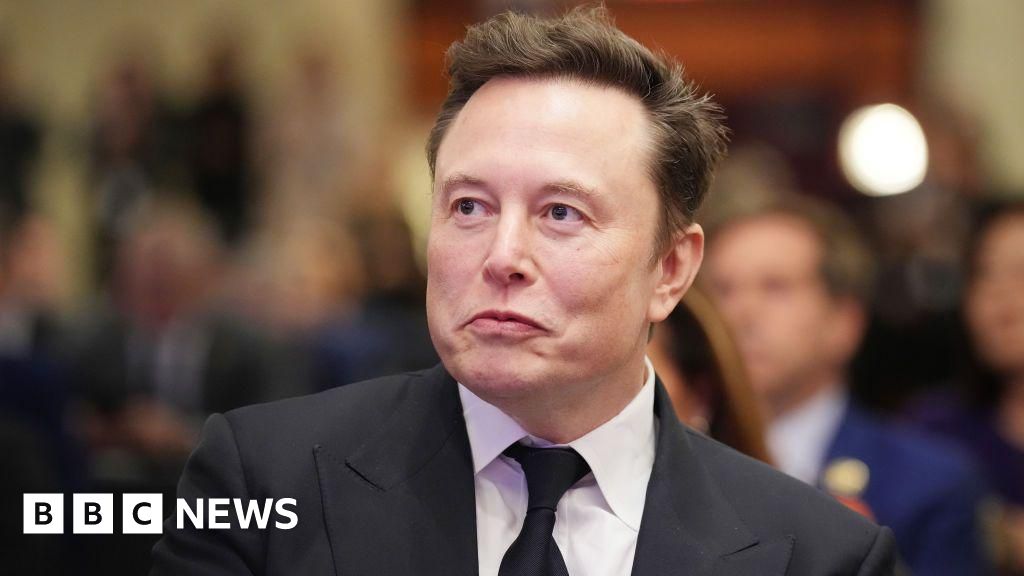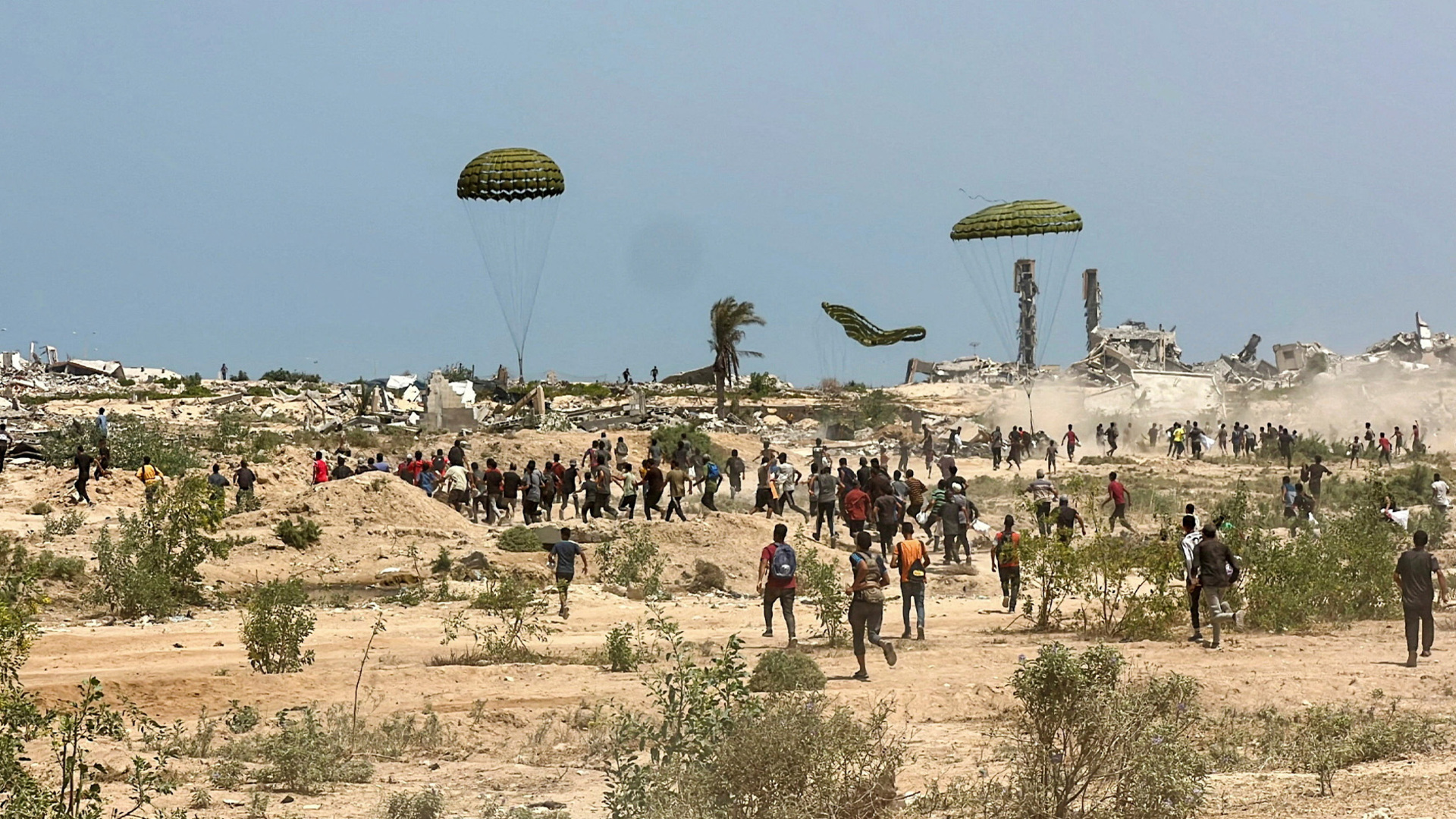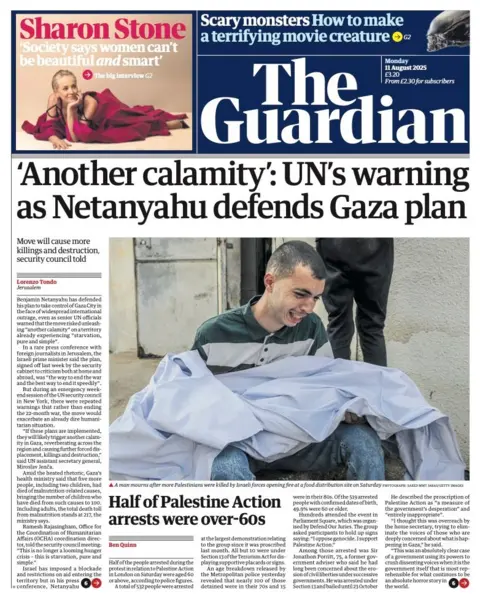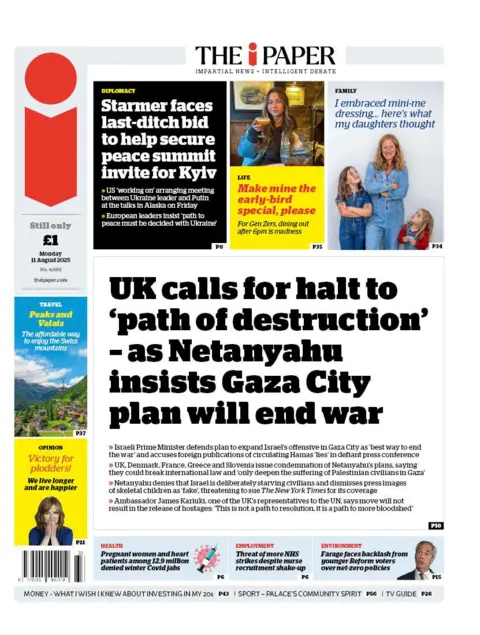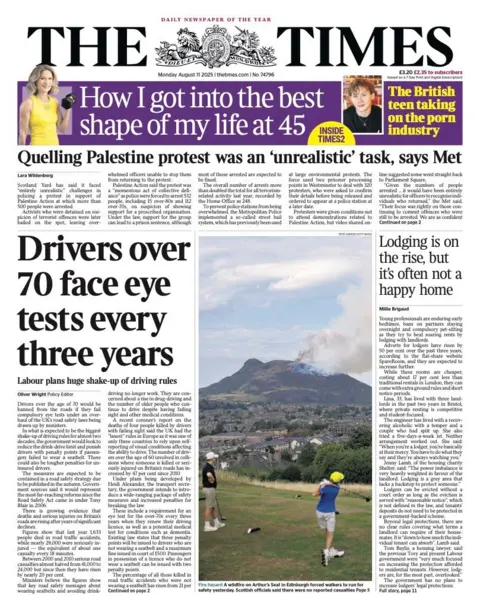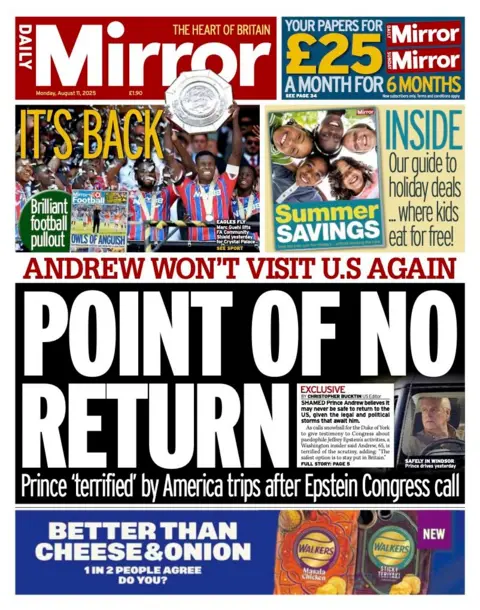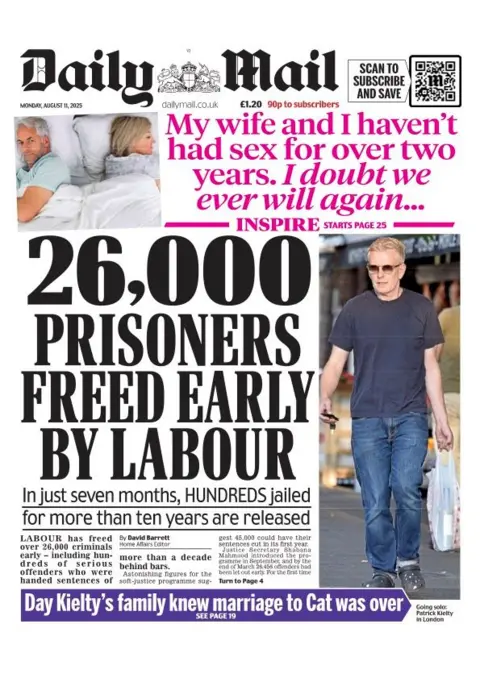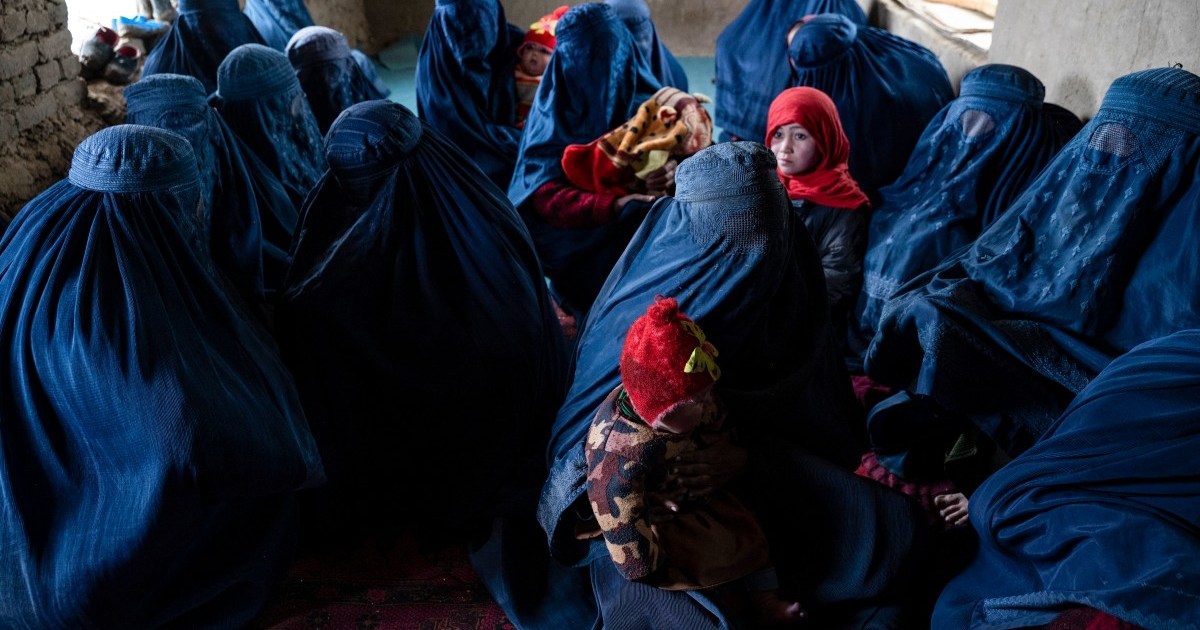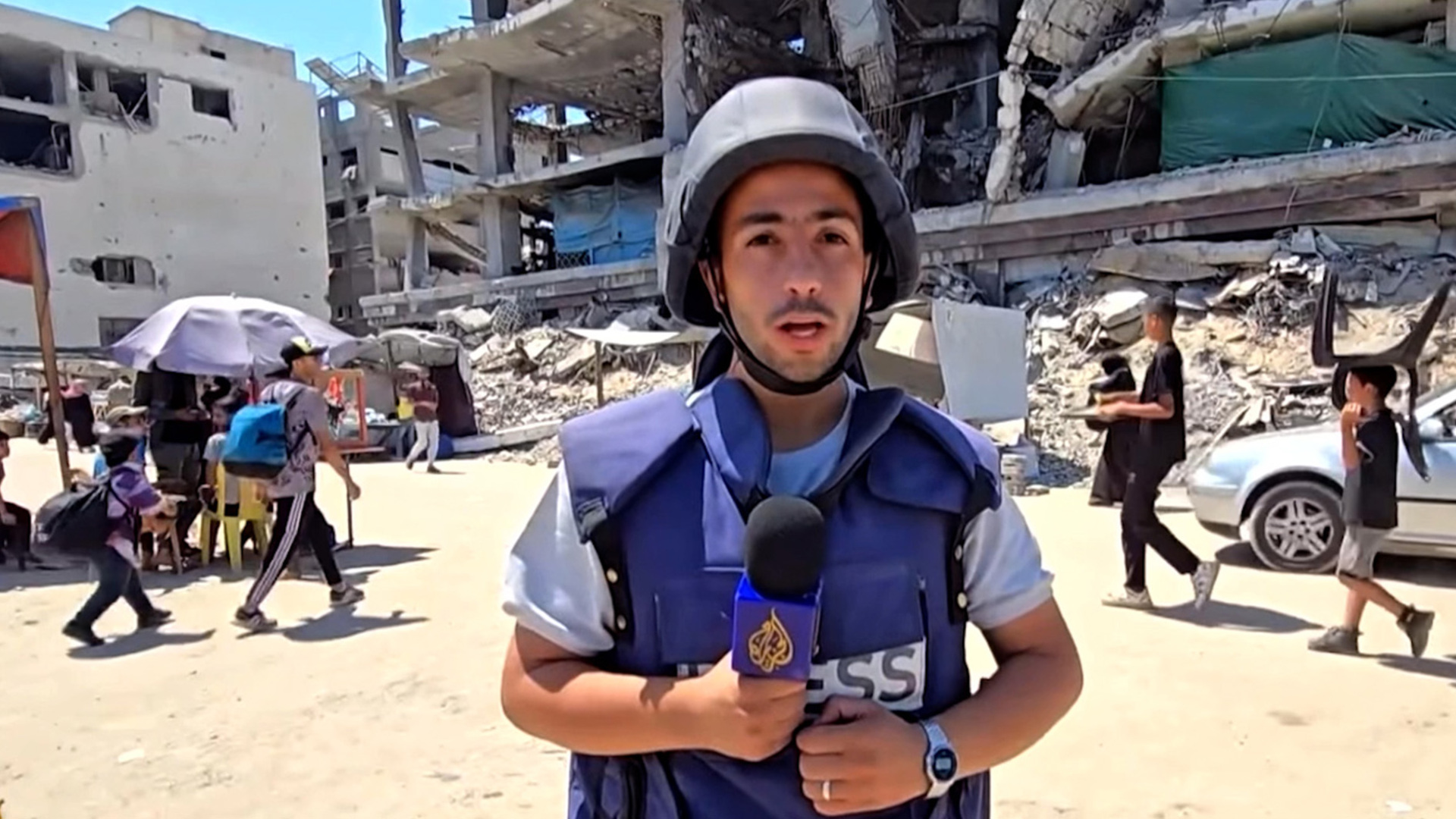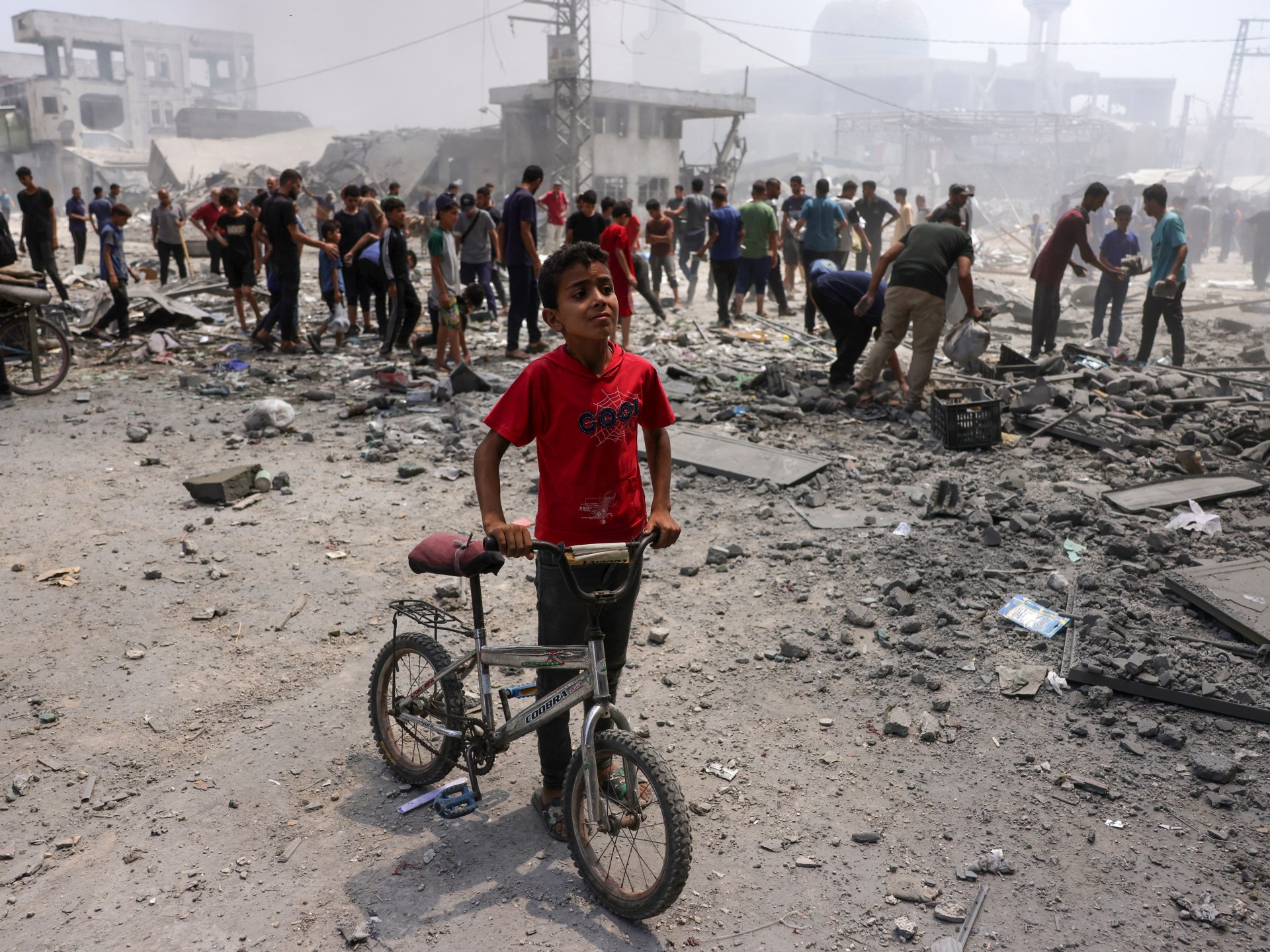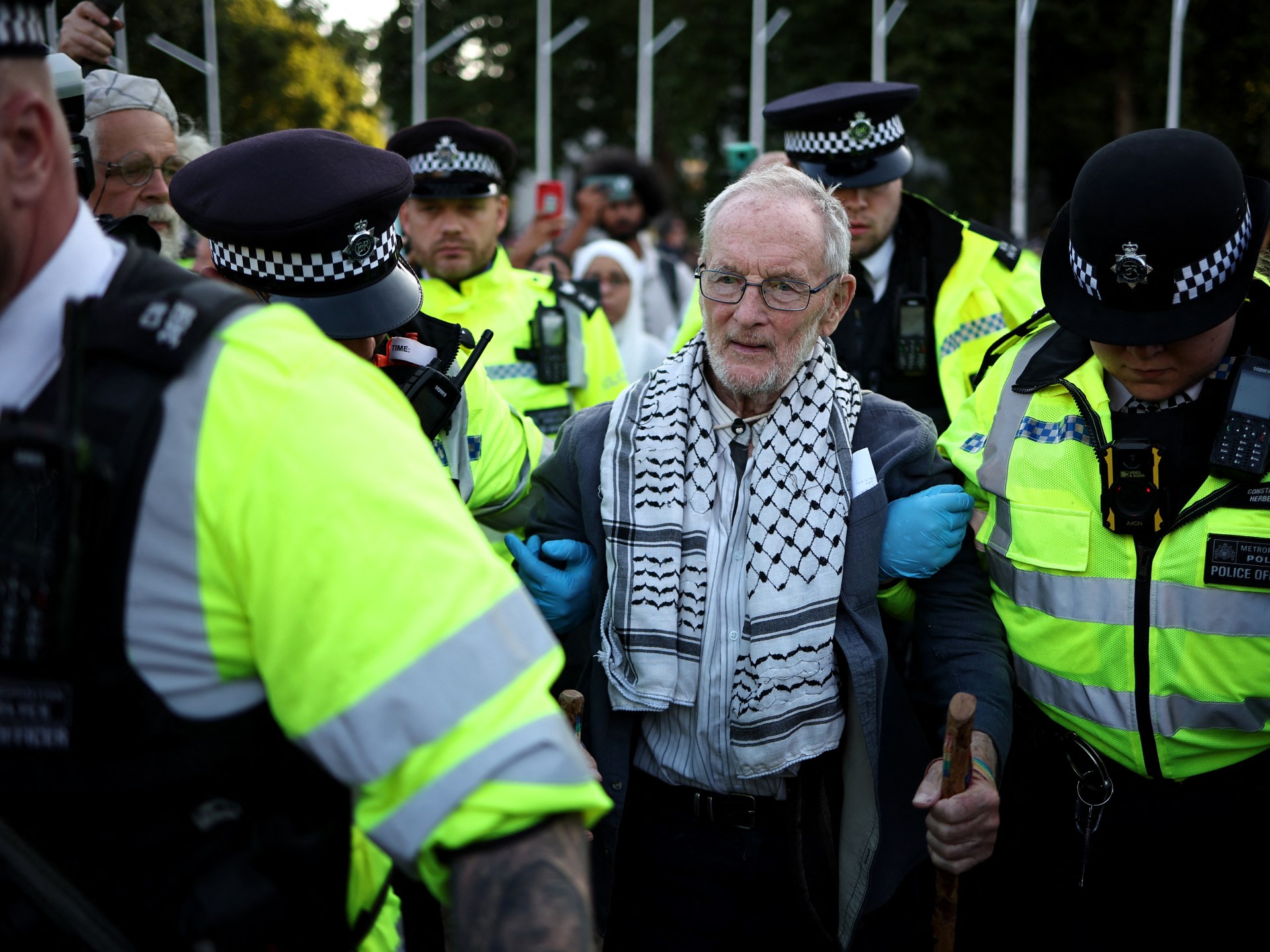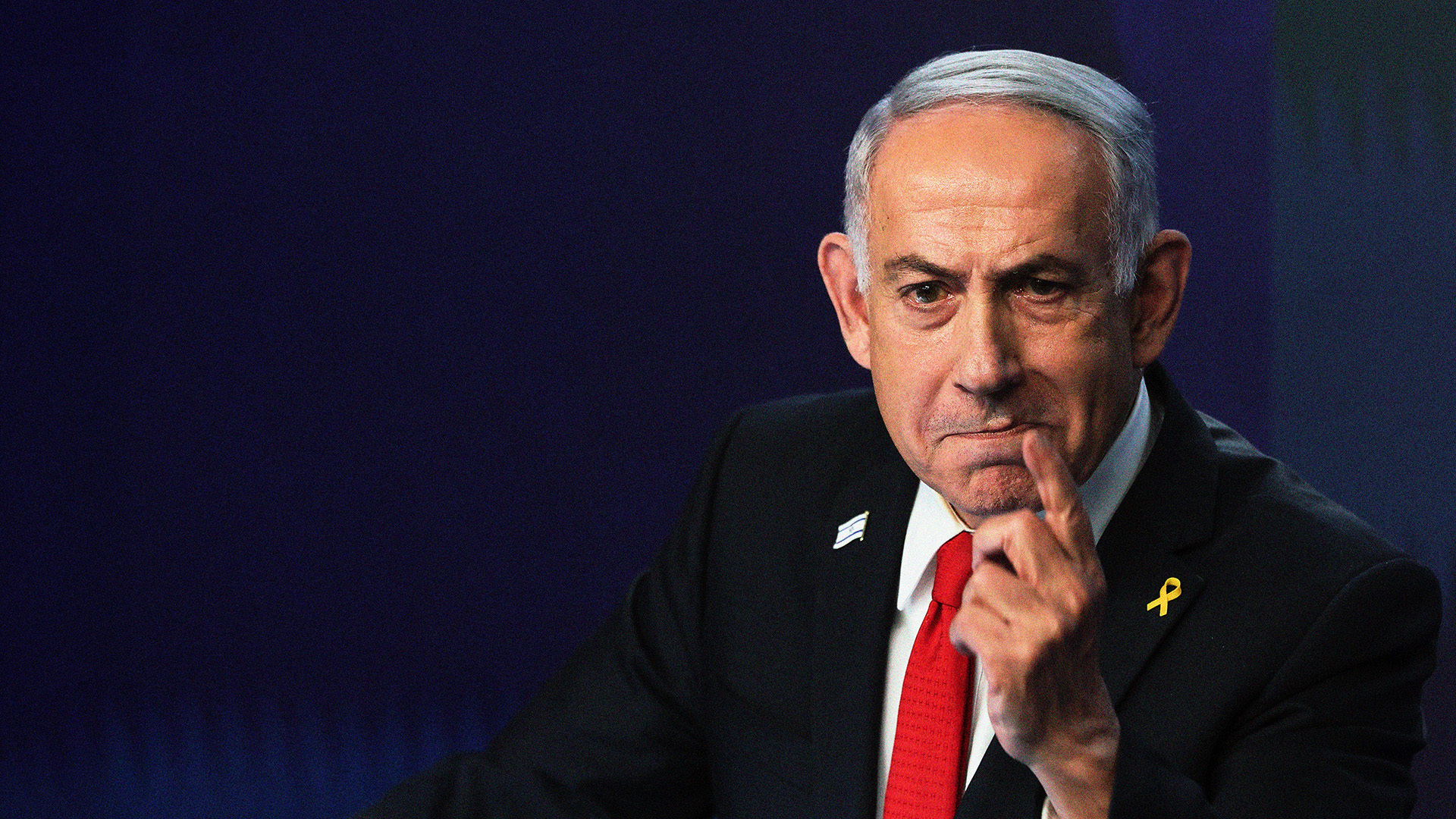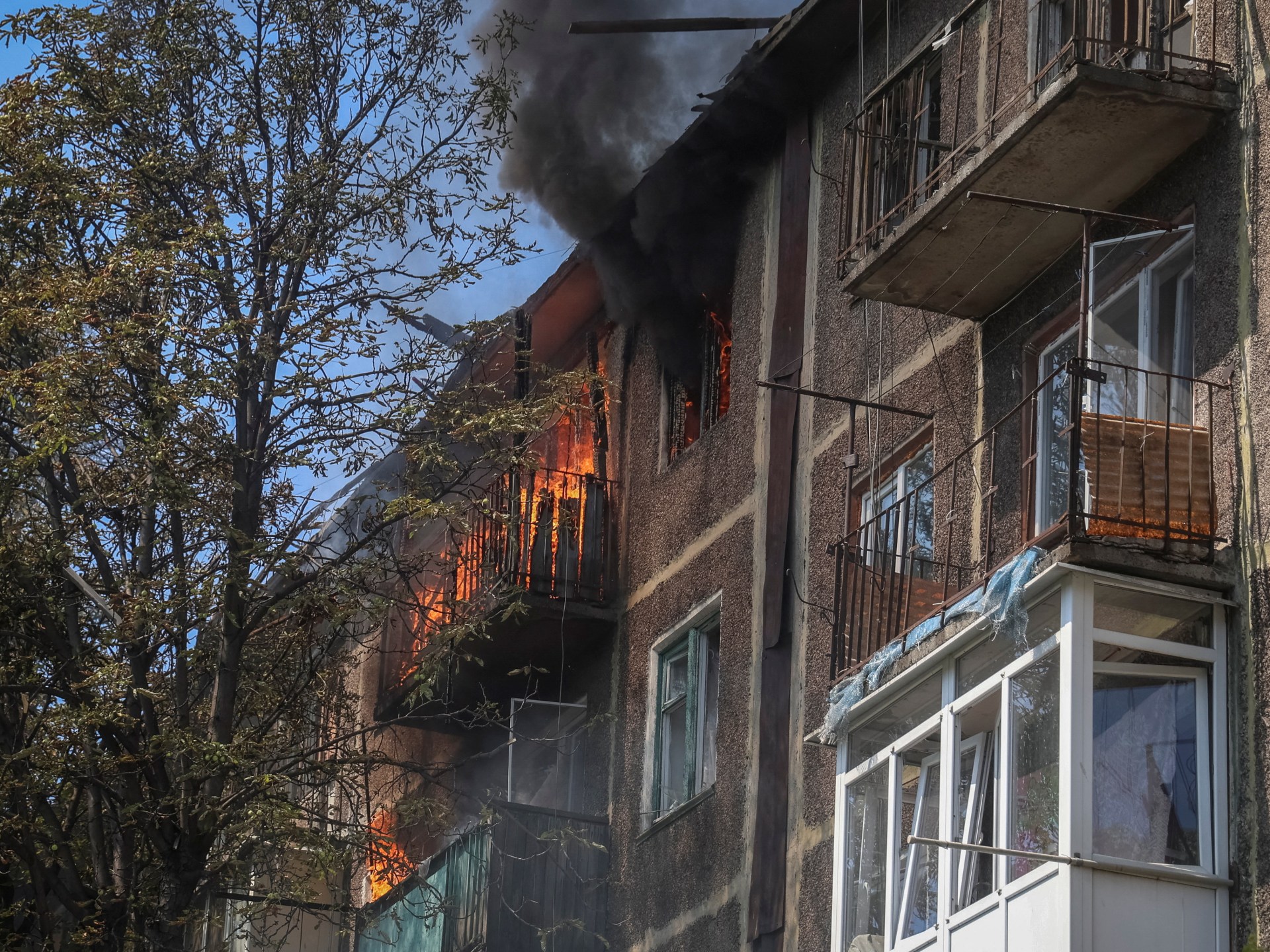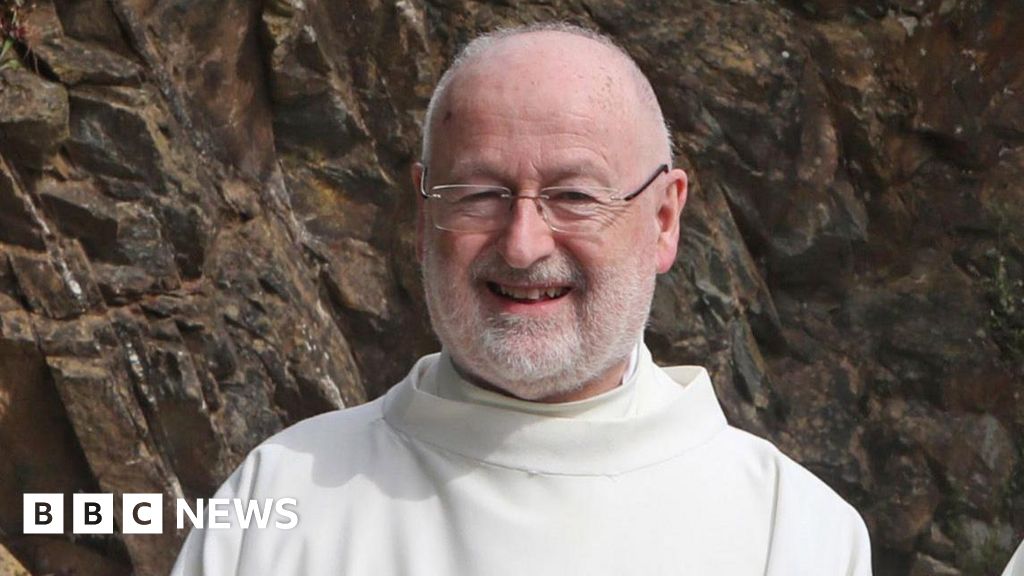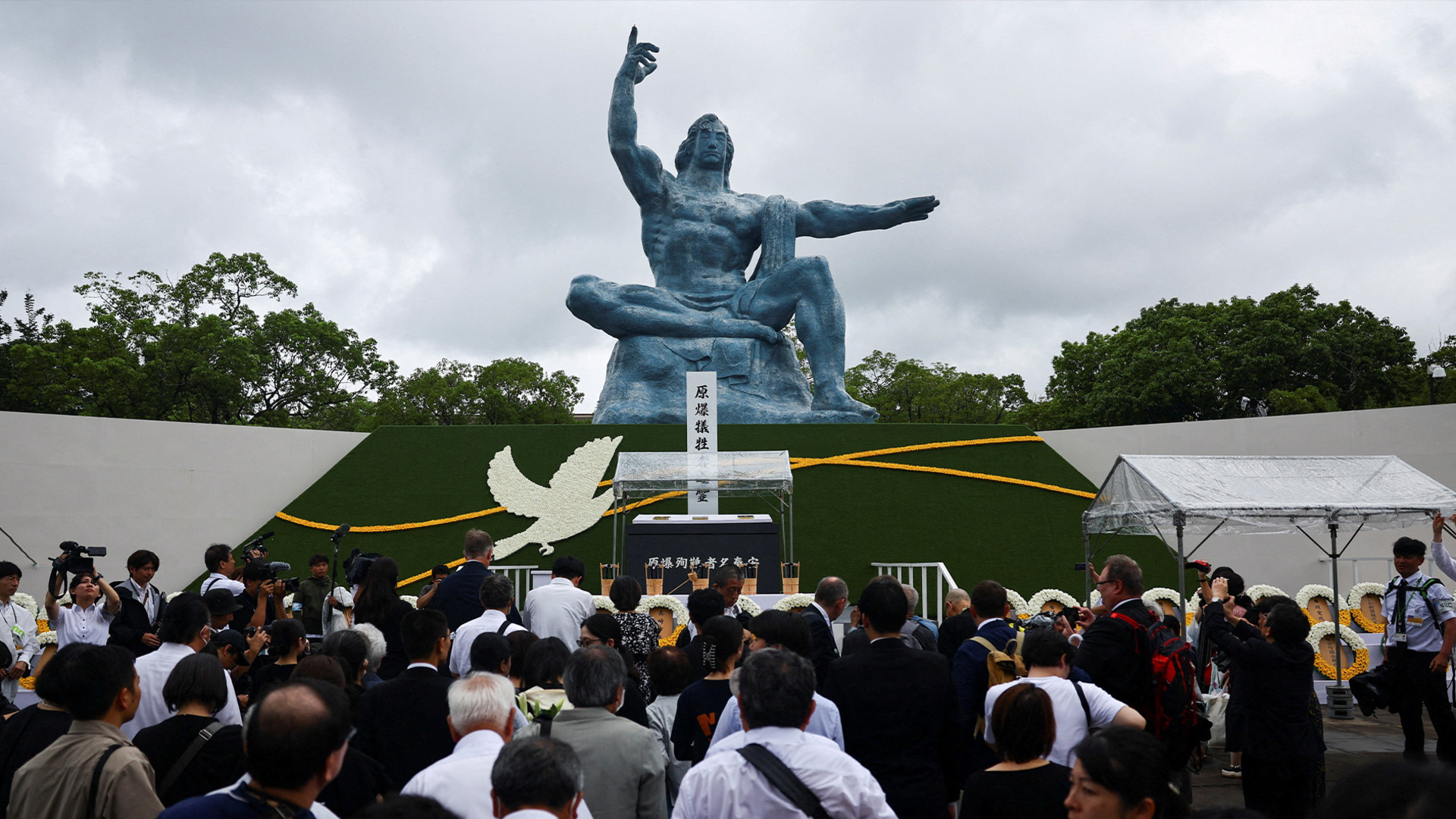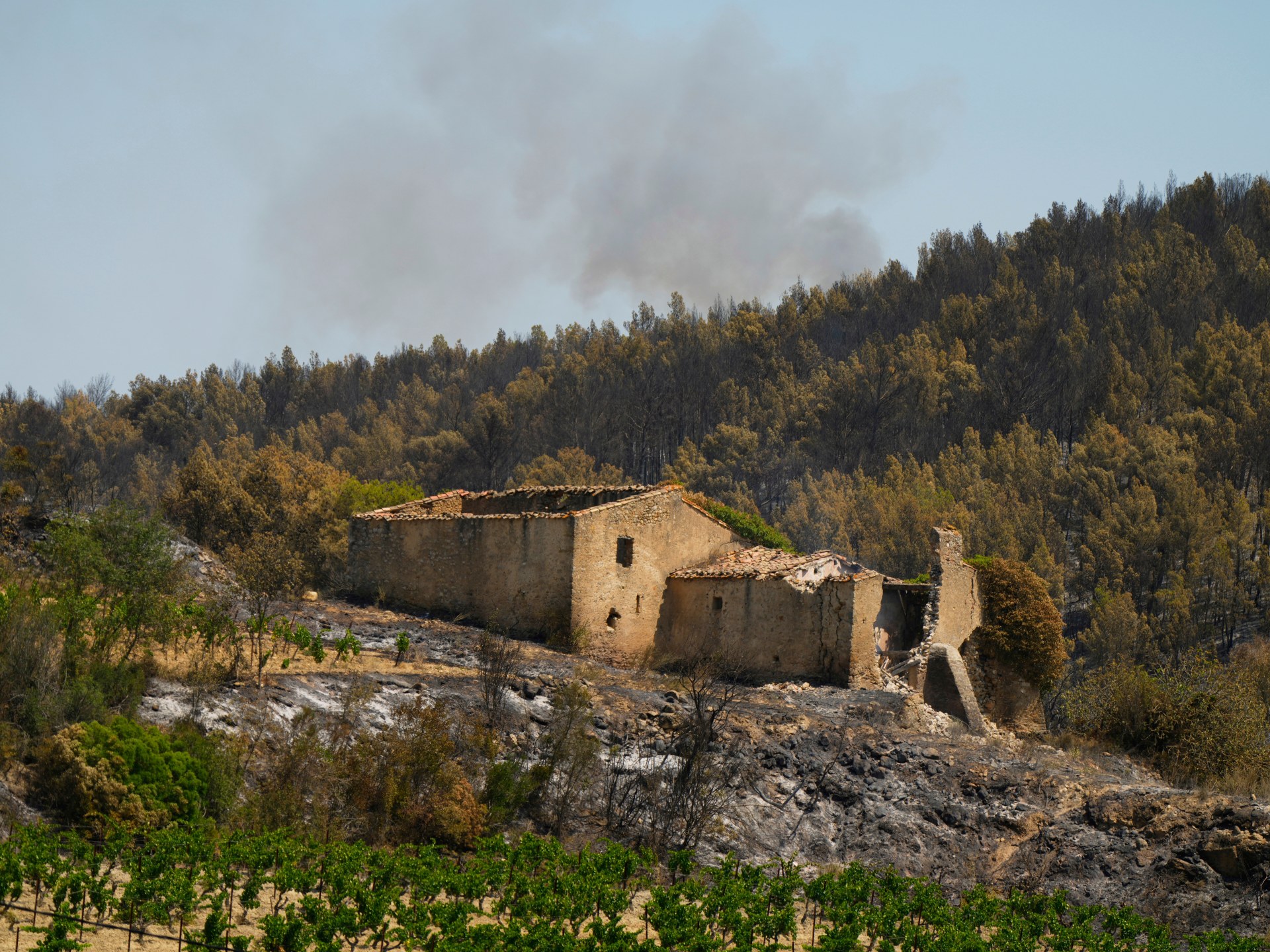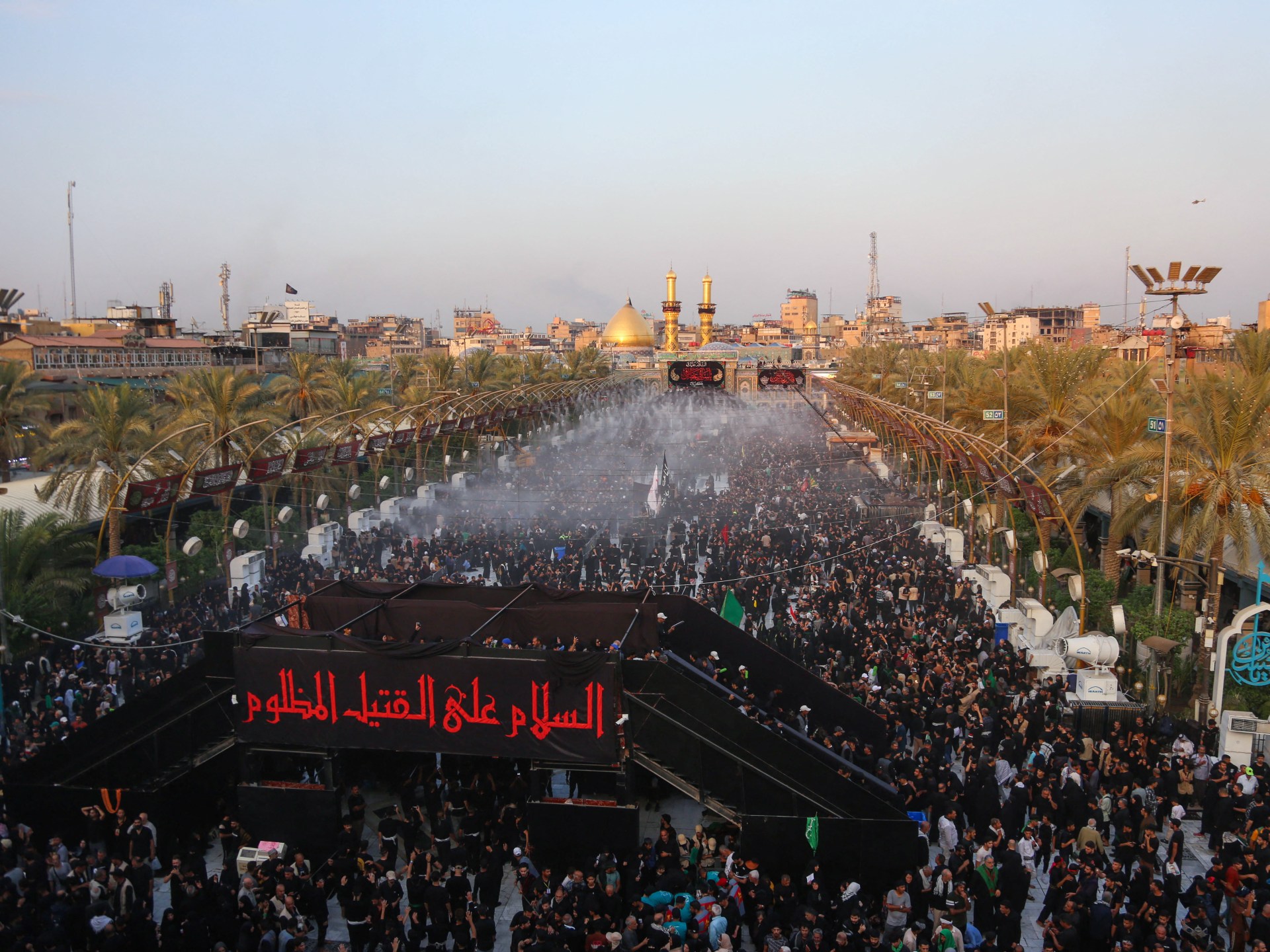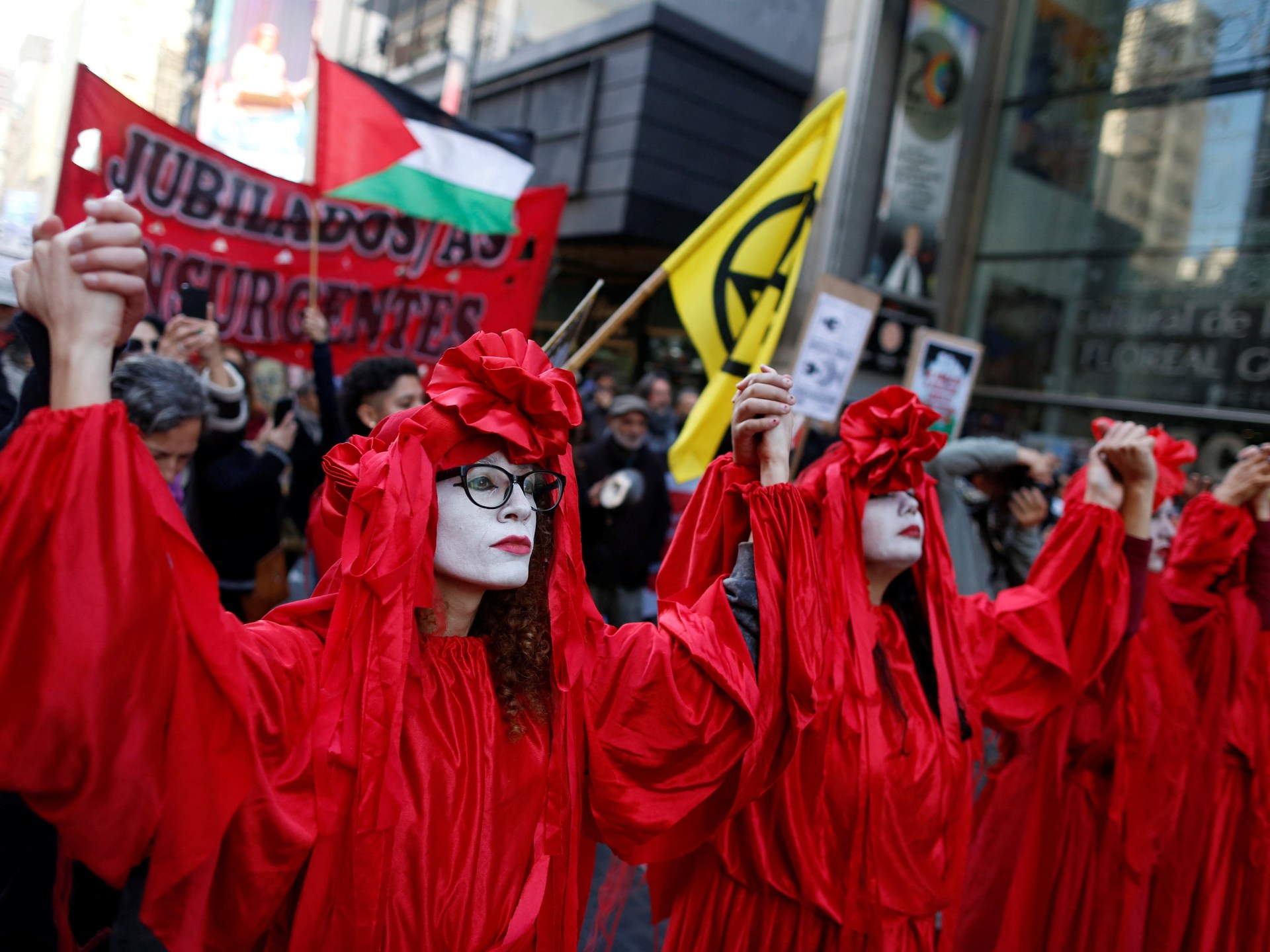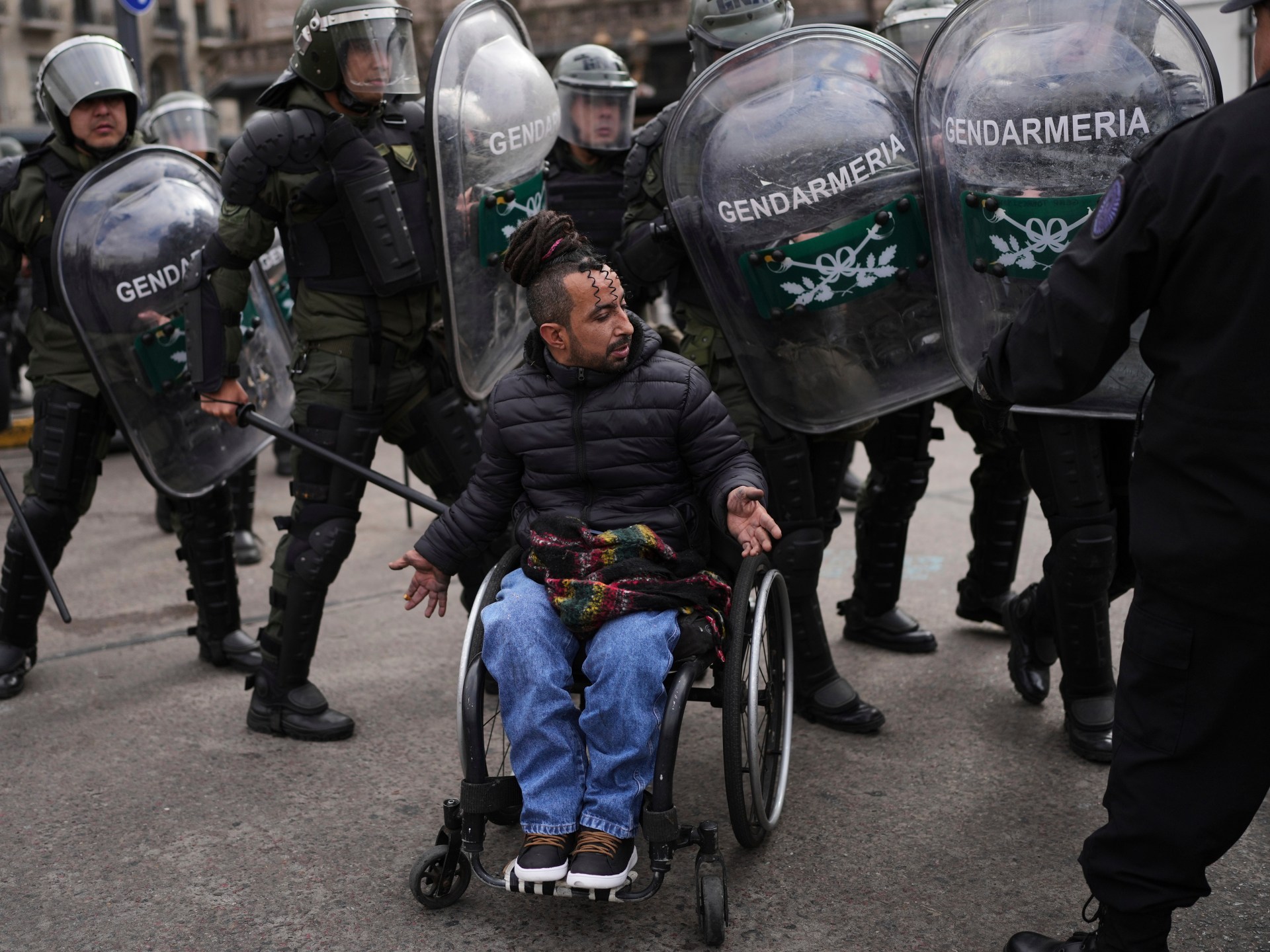A senior United Nations official has warned the UN Security Council (UNSC) that Israel’s plan to seize Gaza City risked “another calamity” in the Gaza Strip with far-reaching consequences, as five more people in Gaza reportedly died from starvation – bringing the overall toll to 217, including 100 children.
UN Assistant Secretary-General for Europe, Central Asia and the Americas Miroslav Jenca on Sunday told an emergency weekend meeting that if implemented, the plan could result in the displacement of all civilians from Gaza City by October 7, 2025, affecting some 800,000 people, many of them already previously displaced.
This “will likely trigger another calamity in Gaza, reverberating across the region and causing further forced displacement, killings and destruction, compounding the unbearable suffering of the population,” Jenca said.
Palestinian UN Ambassador Riyad Mansour told the UNSC that Israel was aiming for “the destruction of the Palestinian people through forced transfer and massacres to facilitate its annexation of our land”.
“What will force Israel to change course is our ability to transform justified condemnation into just actions … History will judge us all,” he said.
Foreign powers, including some of Israel’s allies, have slammed Israel’s plan. The United Kingdom, a close ally of Israel which nonetheless pushed for an emergency meeting on the crisis, warned the Israeli plan risked prolonging the conflict.
“It will only deepen the suffering of Palestinian civilians in Gaza. This is not a path to resolution. It is a path to more bloodshed,” the British Deputy Ambassador to the UN James Kariuki said.
Another staunch Israel ally, Germany, said it could not actively support Israel’s plan to expand military operations in Gaza and displace of Palestinians.
“Where are these people supposed to go?” Chancellor Friedrich Merz asked in an interview with public broadcaster ARD. “We can’t do that, we won’t do that, and I will not do that.”
France’s Deputy Permanent UN Representative Jay Dharmadhikari condemned “in the strongest possible terms” the plan, which he said would have “dramatic humanitarian consequences” for civilians already “living in horrifying conditions”.
“The images of children dying of hunger or civilians being targeted as they tried to find food are unbearable,” Dharmadhikari said, urging Israel to comply with international humanitarian law.
The UK, Denmark, France, Greece and Slovenia issued a joint statement asking Israel “to urgently reverse this decision and not to implement” the plan, saying it violates international law.
In a separate statement, the foreign ministers of Spain, Iceland, Ireland, Luxembourg, Malta, Norway, Portugal and Slovenia warned that Israel seizing Gaza City would be “a major obstacle to implementing the two-state solution, the only path towards a comprehensive, just and lasting peace”.
Israel to ‘finish the job’ in Gaza
Despite the international backlash and rumours of dissent from Israeli military top brass, Israeli Prime Minister Benjamin Netanyahu has remained defiant over the plan to seize Gaza’s largest urban centre, which was approved by Israel’s security cabinet on Friday.
“The timeline that we set for the action is fairly quickly,” Netanyahu told a news conference in Jerusalem on Sunday. “I don’t want to talk about exact timetables, but we’re talking in terms of a fairly short timetable because we want to bring the war to an end.”
He said Israel had “no choice but to finish the job and complete the defeat of Hamas”, given the group’s refusal to lay down its arms. Hamas said it would not disarm unless an independent Palestinian state was established.
Netanyahu said the military had been given the green light to “dismantle” what he described as two remaining Hamas strongholds: Gaza City in the north and al-Mawasi further to the south.
“This is the best way to end the war and the best way to end it speedily,” he said. “We will do so by first enabling the civilian population to safely leave the combat areas to designated safe zones.”
While the prime minister stressed that these “safe zones” would be given “ample food, water, and medical care”, guards at the controversial Israel- and United States-backed Gaza Humanitarian Foundation (GHF), purportedly established to deliver aid to the starving Palestinian population, have routinely opened fire on the aid seekers, killing dozens at a time.
Asked about the growing criticism targeting his cabinet’s decision, Netanyahu said the country was prepared to fight alone. “We will win the war, with or without the support of others,” he said.
Hamas released a statement responding to Netanyahu’s claim that Israel did not intend to occupy Gaza but “liberate” it from the Palestinian group.
The group said the use of the term “liberation” was an attempt to distort the reality of occupation “that will not cover up the crime of extermination, killing, and systematic destruction for more than 22 months”.
Hamas added that it constituted a “desperate attempt to exonerate” Israel after it killed more than 61,400 Palestinians, including more than 18,000 children.
Israel’s Deputy Ambassador to the UN Jonathan Miller fired back at Hamas at the UNSC session, saying the group was “exploiting” the captives and Gaza’s population to “maintain its position, benefiting from attempts to pressure Israel and from the willingness of some countries to recognise a Palestinian state”.
The United States, a veto-wielding permanent member of the UNSC, has so far shielded its staunch ally from any practical measures of UN censure. Netanyahu’s office said the prime minister spoke with US President Donald Trump about its plan, without elaborating on the outcome of the conversation.
Speaking to Fox News, the US vice president said Washington neither endorsed nor rejected Israel’s decision to seize Gaza City and the entire Gaza Strip at large. “Obviously, there are a lot of downsides and upsides”, JD Vance said.
Netanyahu’s plan also received domestic criticism, with opposition leader Yair Lapid saying its implementation would mean that “the hostages will die, soldiers will die, the economy will collapse and our international standing will crash.”
Israel’s Channel 12 reported it will cost billions of dollars within several months, increasing the country’s deficit by 2 percent and leading to widespread budget cuts in areas such as healthcare, education, and welfare.
‘Unacceptable catastrophe’
The director of the coordination division at the UN Office for the Coordination of Humanitarian Affairs (OCHA) said that the “unacceptable catastrophe” unfolding in Gaza must be brought to an end as he addressed the UN Security Council via videolink on Sunday.
Ramesh Rajasingham expressed concern over “the prolonged conflict, the reports of atrocities and further human toll that is likely to unfold following the government of Israel’s decision to expand military operations in Gaza”.
Israel has blocked all but a trickle of aid from entering Gaza for months and has prevented UN workers from accessing and distributing lifesaving assistance. “The UN has a plan and the systems in place to respond. We’ve said this before, and we will say it again and again: Let us work,” Rajasingham said.
The Government Media Office in Gaza said only 1,210 aid trucks have entered Gaza over the past 14 days. Officials said this represents just 14 percent of the territory’s minimum actual needs of 8,400 trucks.
Netanyahu acknowledged there have been issues of “deprivation” in Gaza, but denied that Israel has a “starvation policy”. Human Rights Watch, among other international organisations, has repeatedly called Israel’s use of starvation of civilians as a weapon of war a “war crime”.
Ahmad Alhendawi, Save the Children International’s director for the Middle East, North Africa and Eastern Europe, told Al Jazeera that his team on the ground was seeing an “exponential increase” in the number of malnutrition cases, with effects that can “span generations”.
“This is not one event. This is not the absence of two or three meals. This is an accumulation of months [of deprivation],” he said. “We can help alleviate the suffering of children in Gaza, but we cannot do that if the government of Israel continues to impose all its limitations.”
